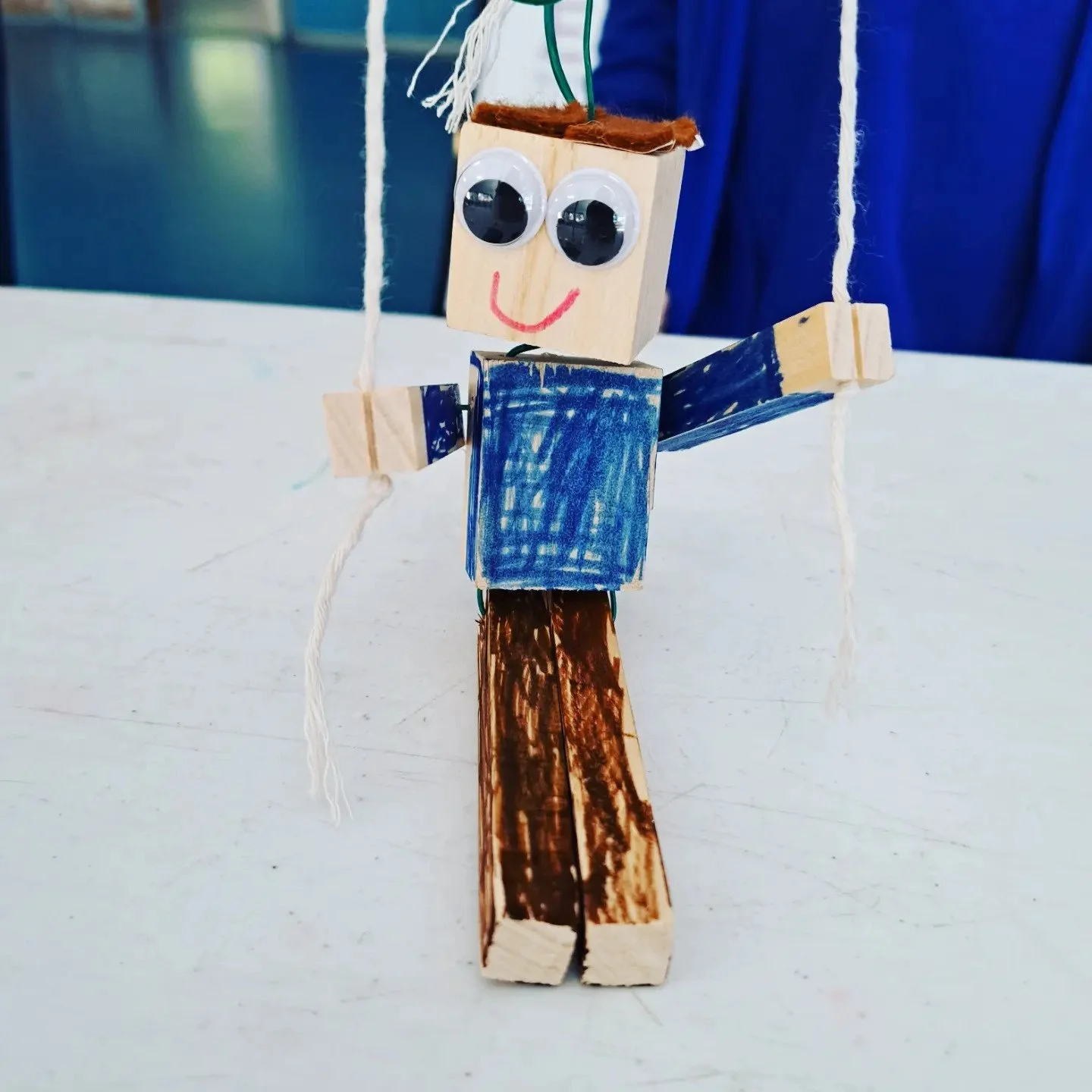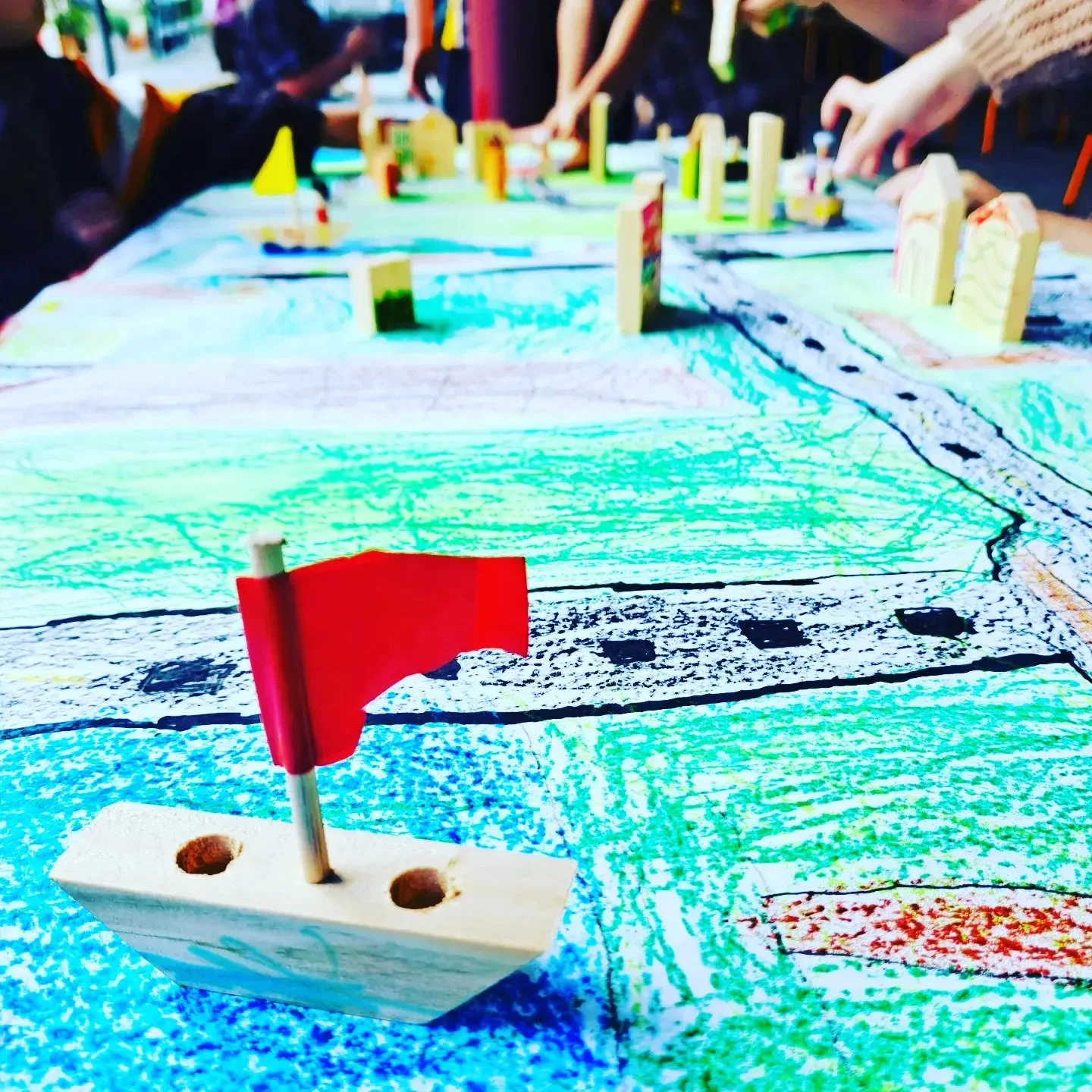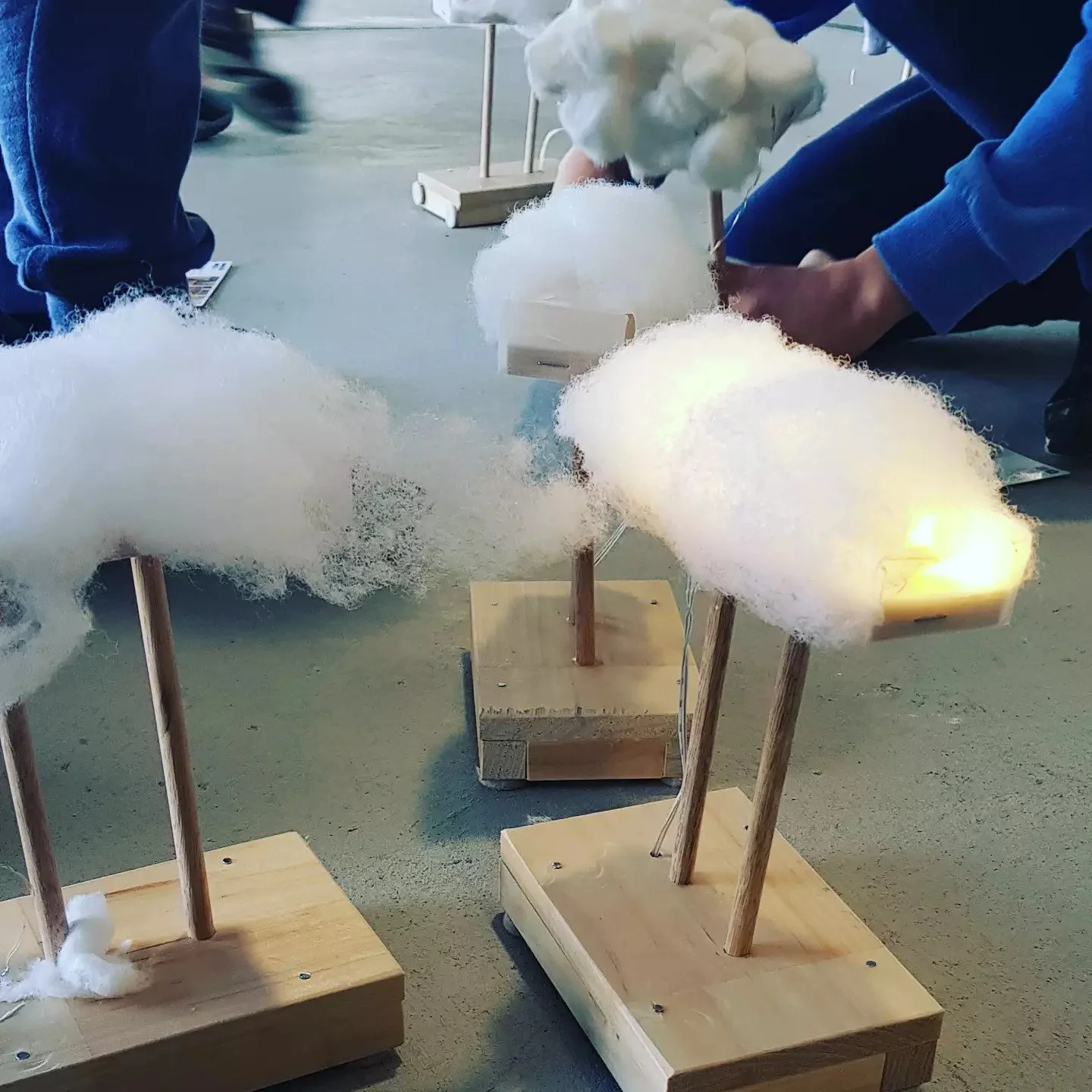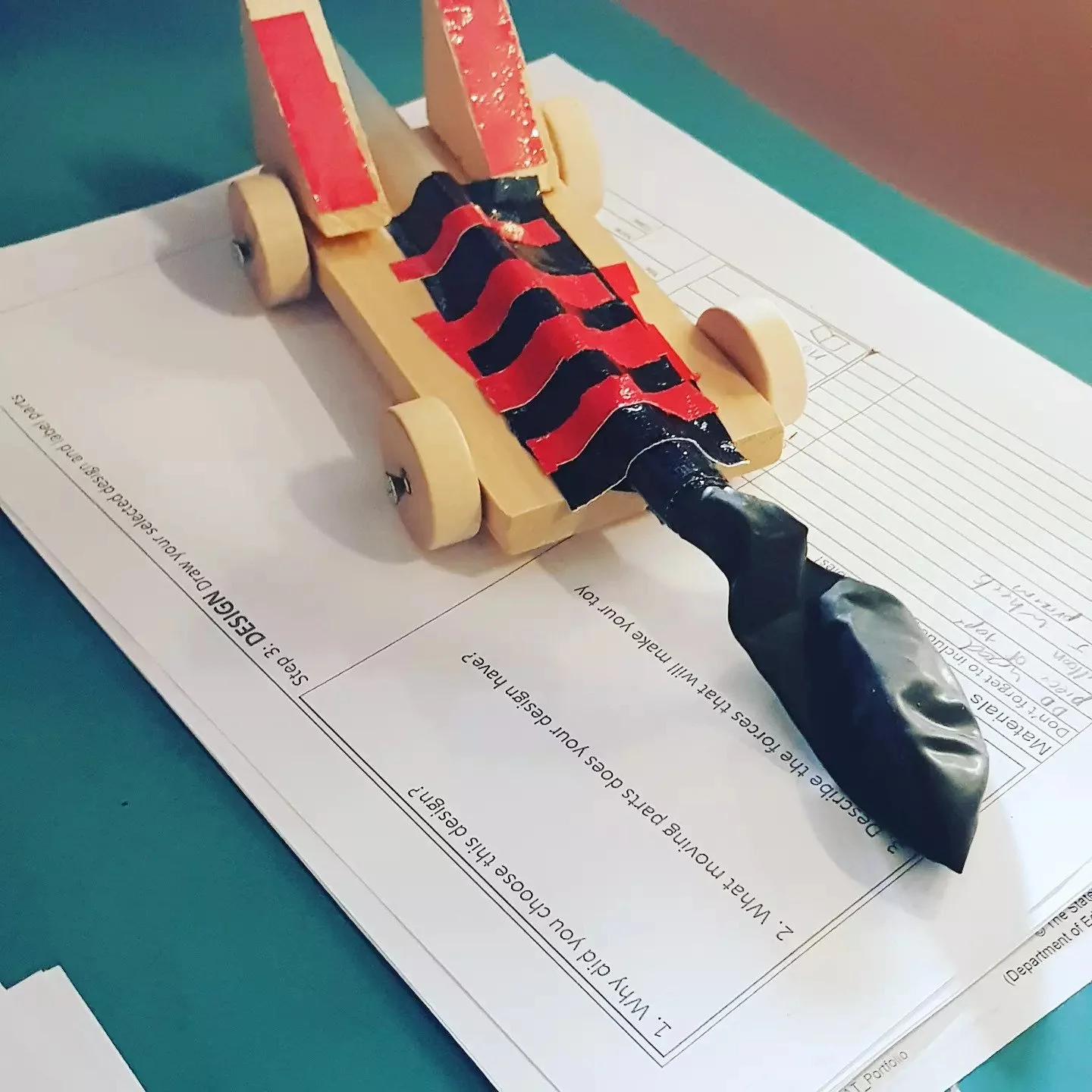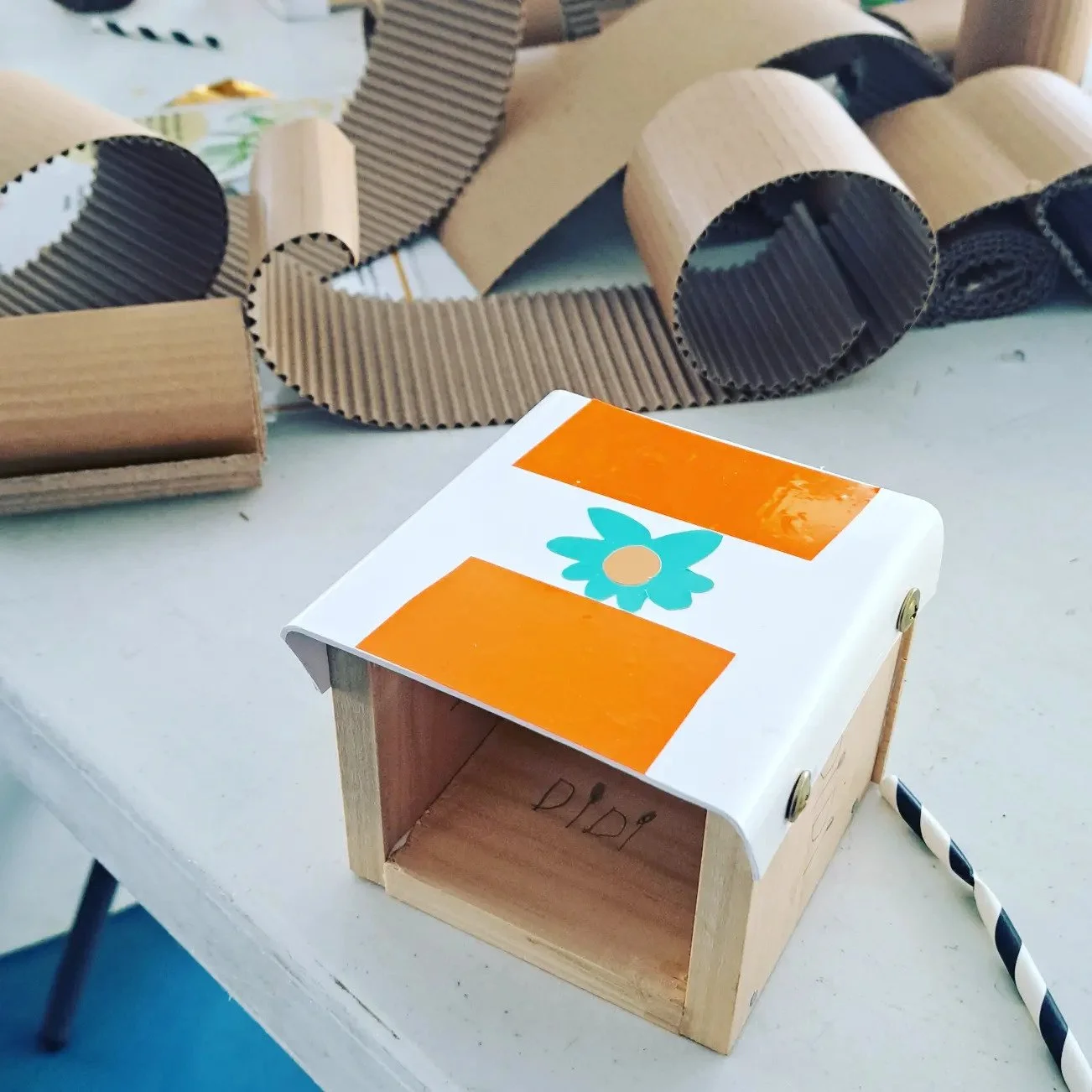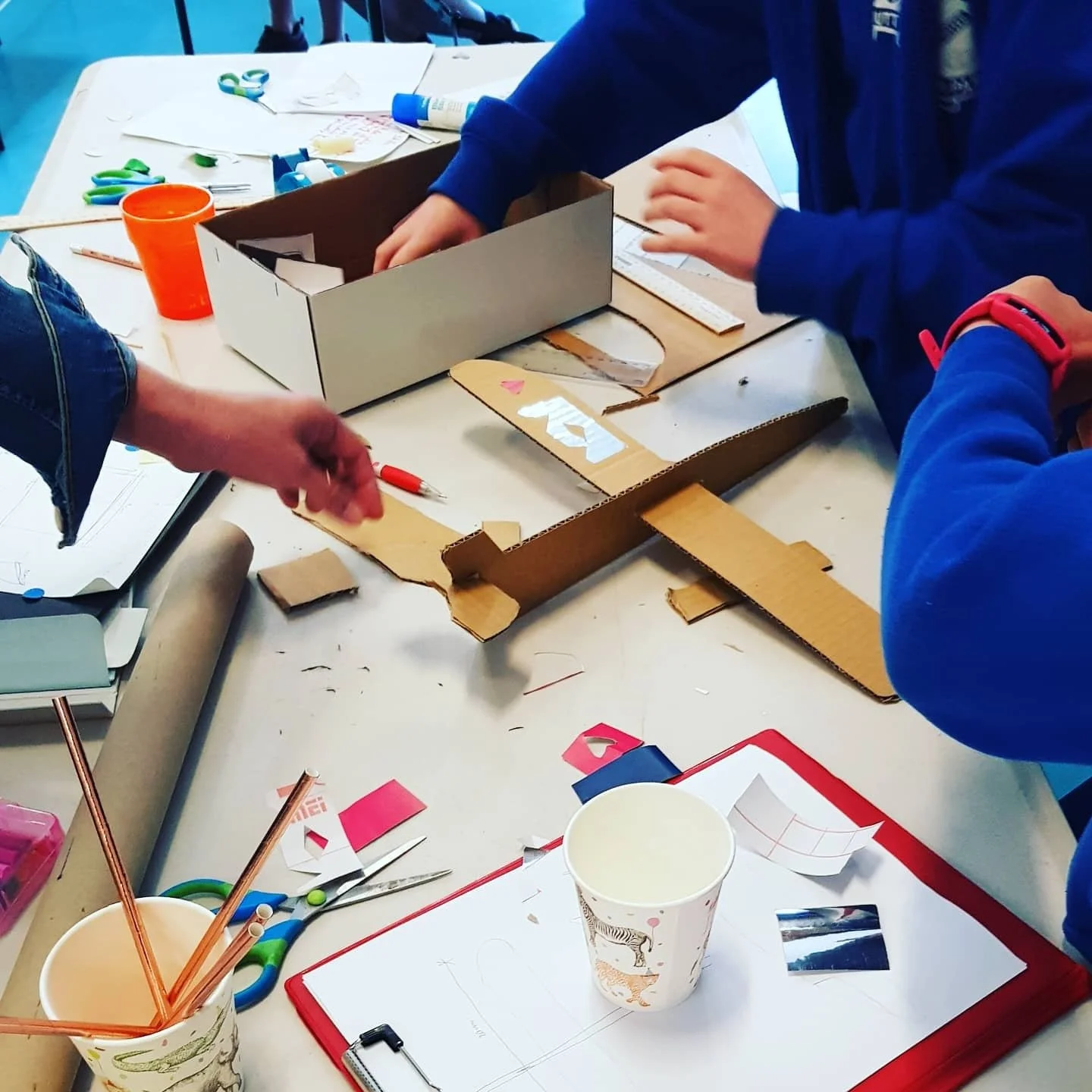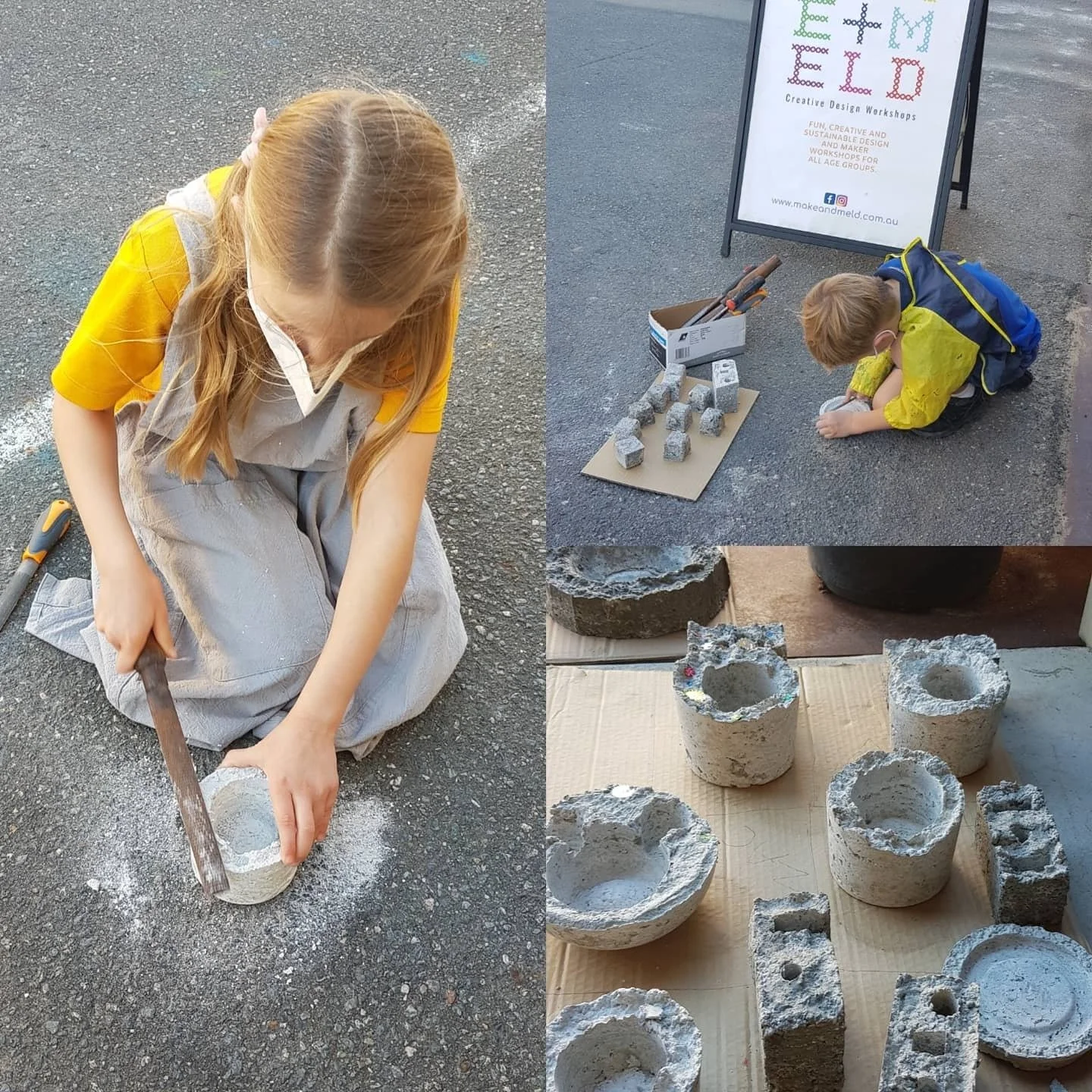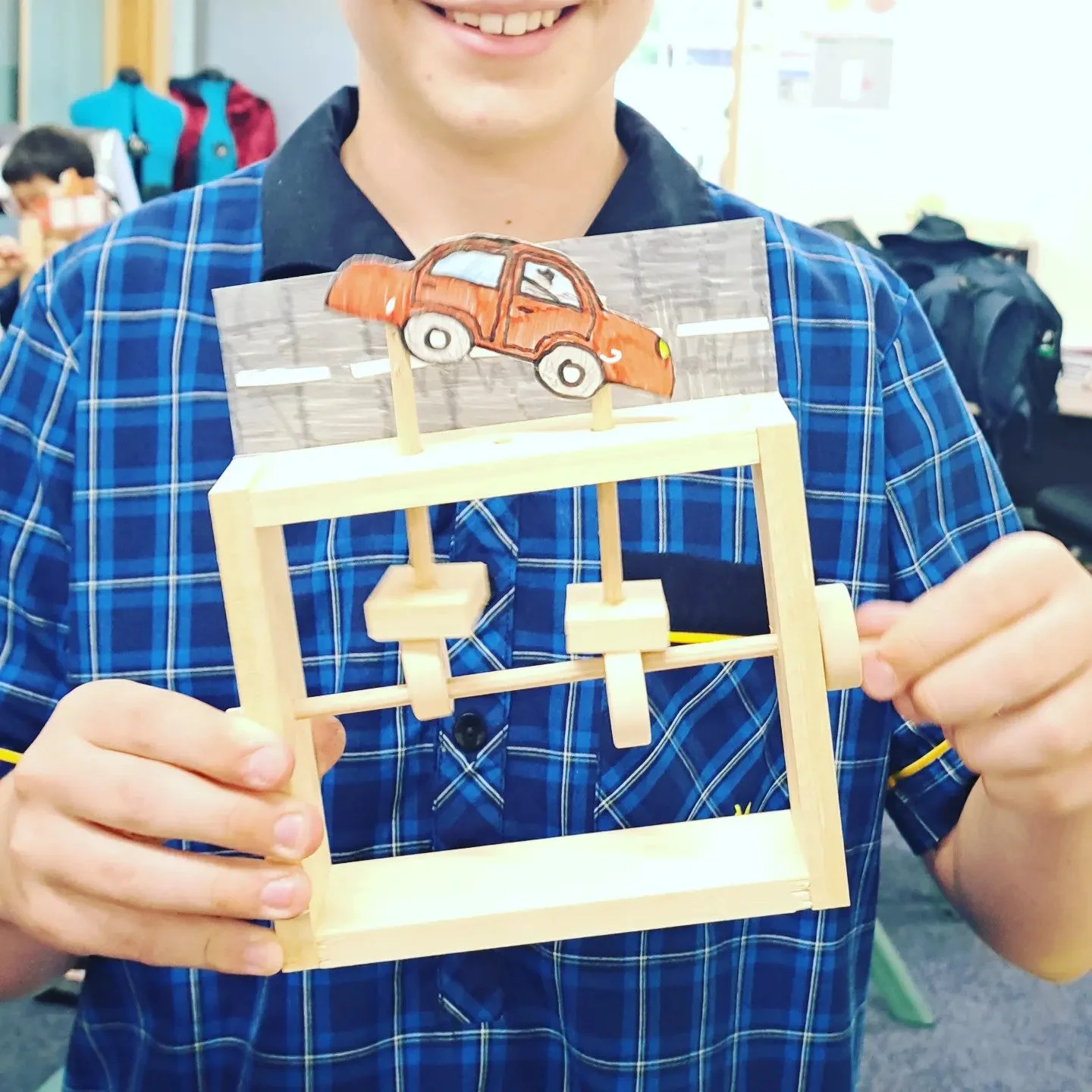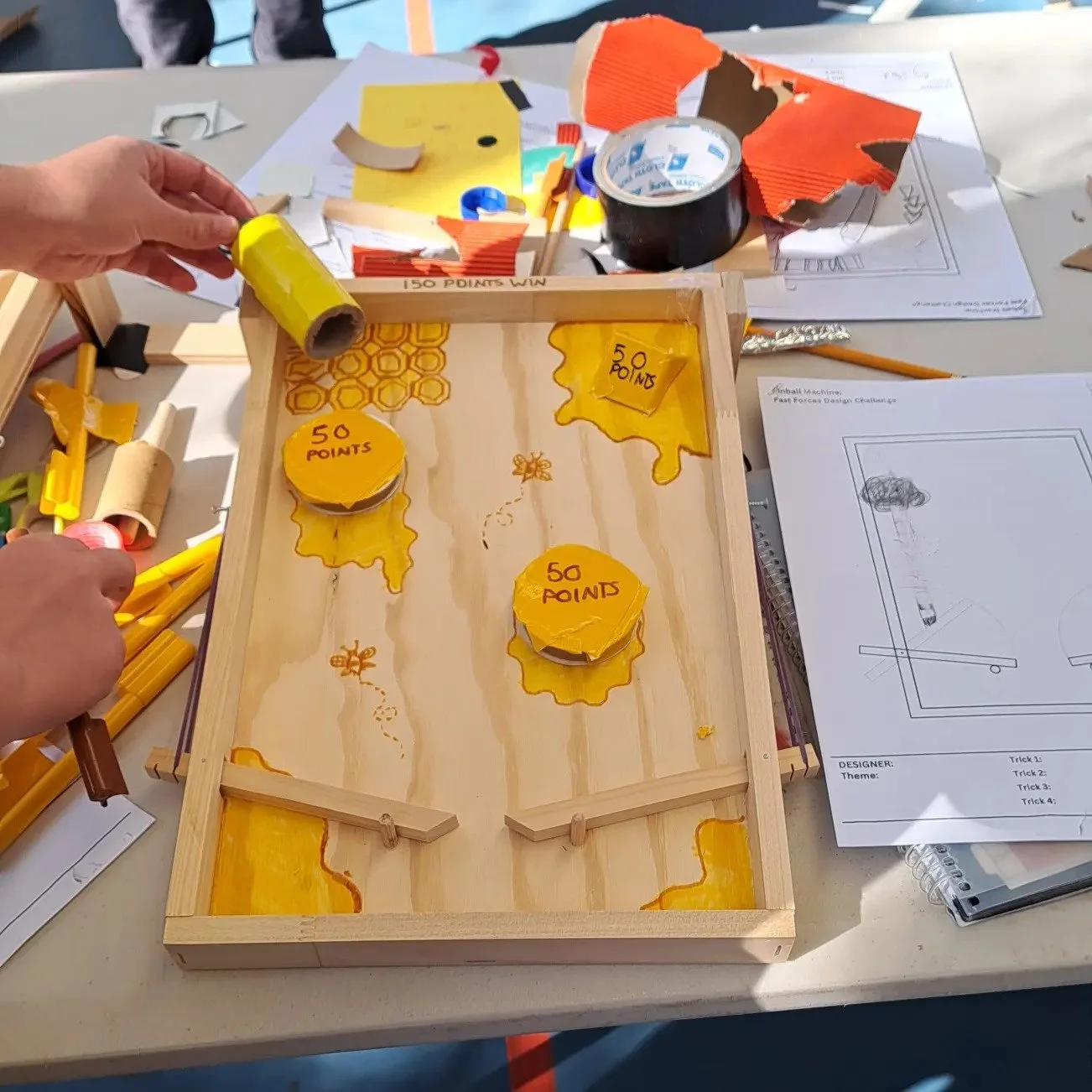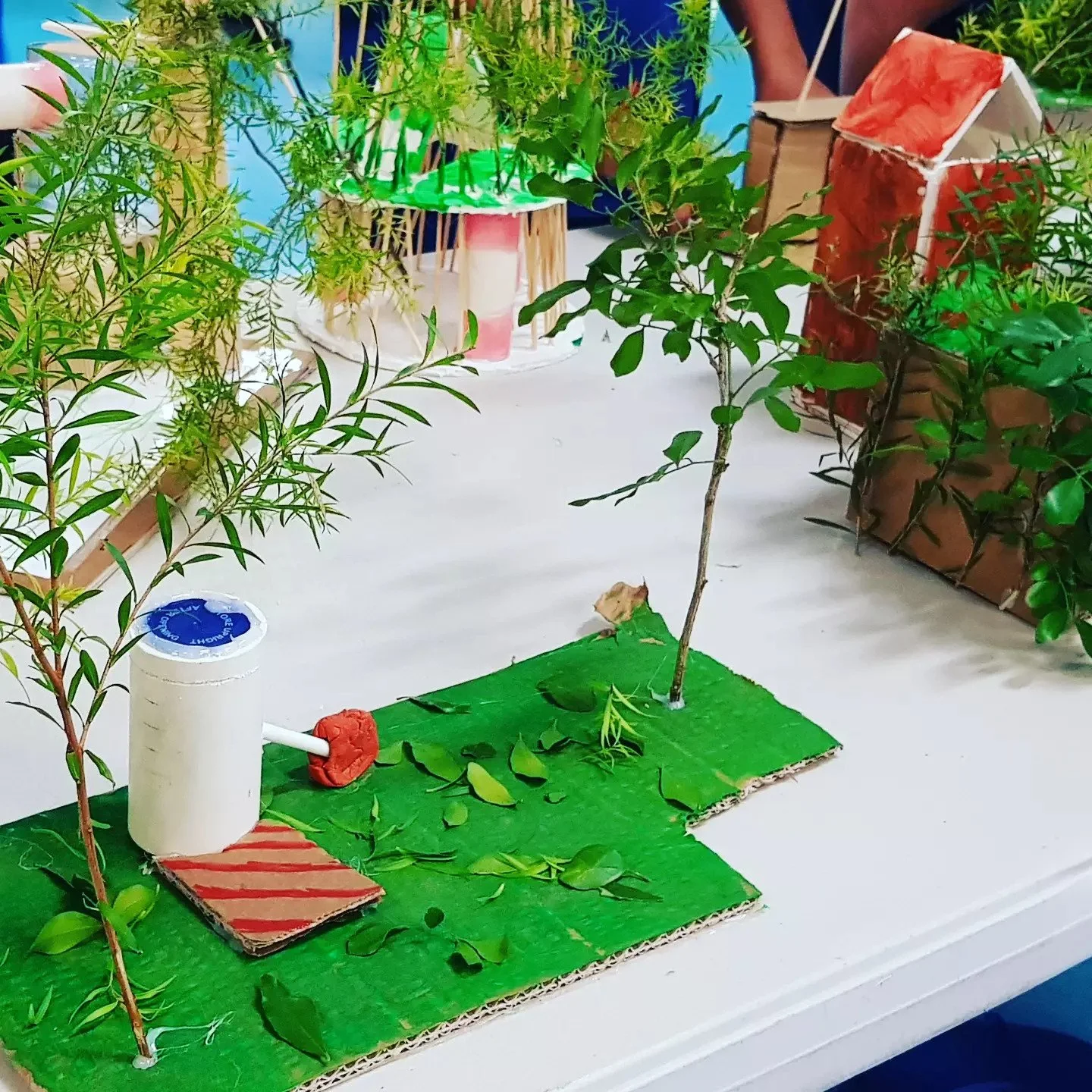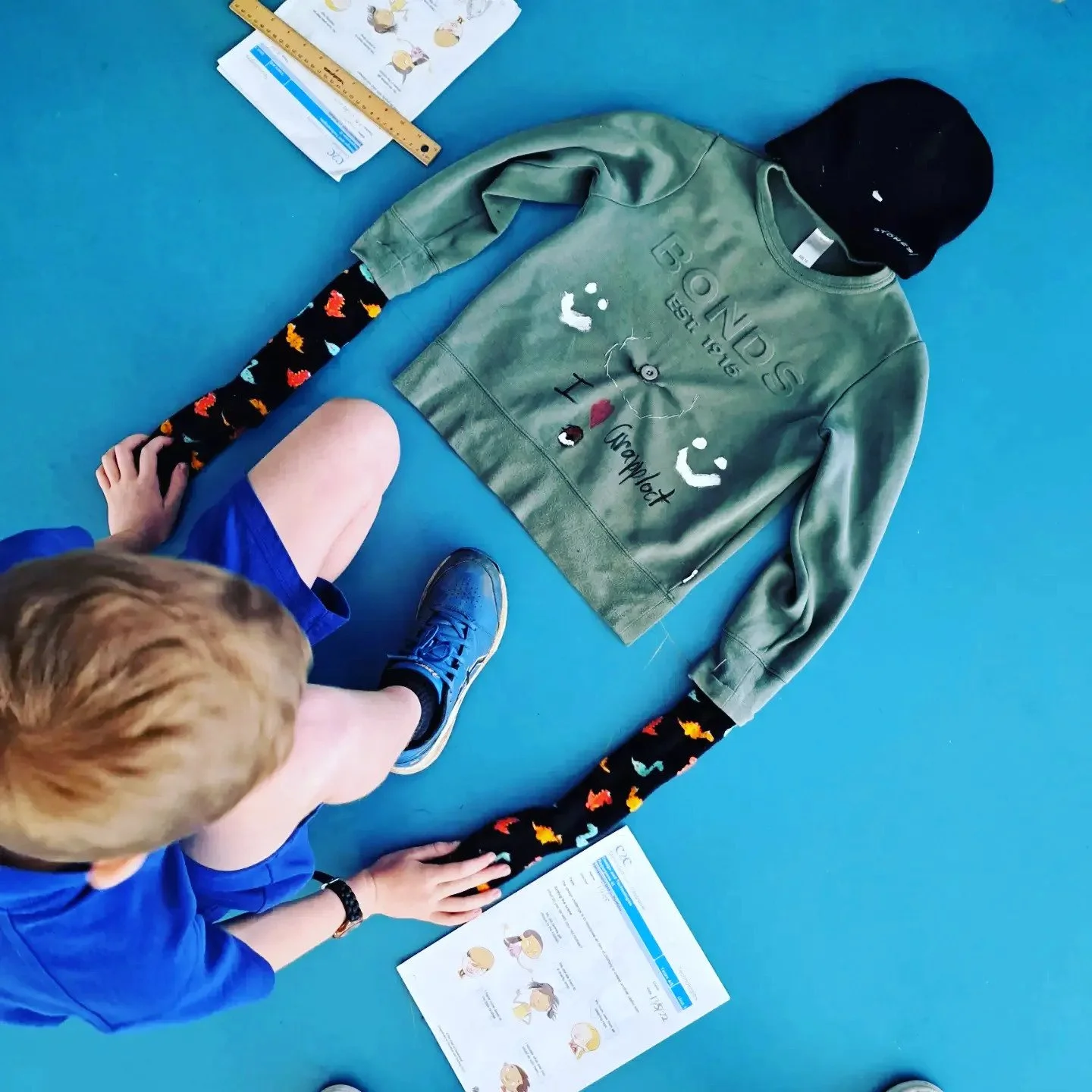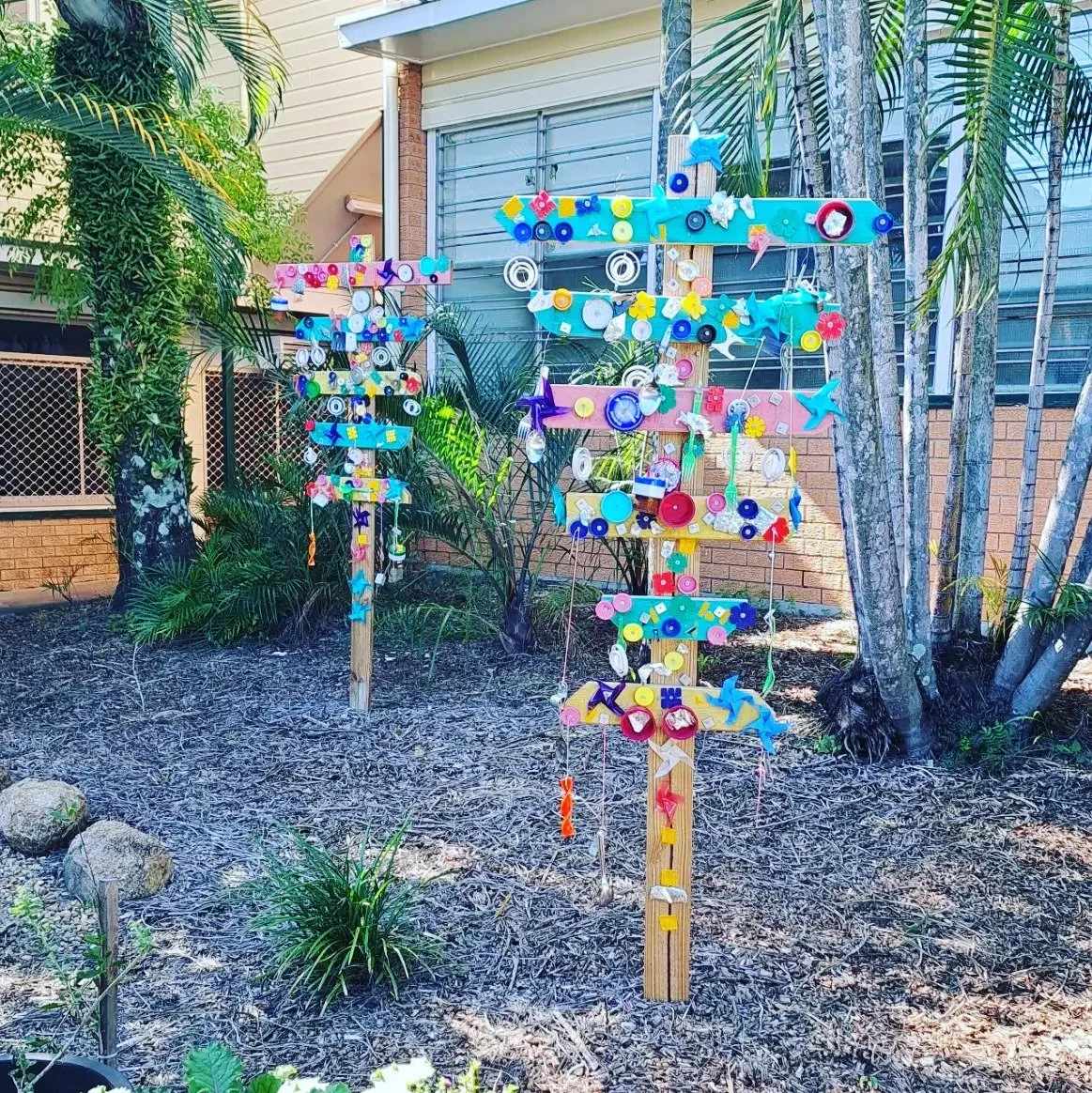Inquiry Based Learning
What is inquiry based learning?
Inquiry-based learning prioritises problems that require critical and creative thinking so that students can develop their abilities to:
Ask questions
Design investigations
Interpret evidence
Form explanations and arguments
And communicate their findings.
At Make+Meld we assist you by:
Developing exciting real-world design challenges and projects, and working with you to help build on learning areas that your students are currently focusing on.
Providing curriculum aligned School Design Tech Programs and optional Introductory Provocation sessions that help to get the kids enthusiastic about the process and introduce the ‘Design Challenge’ (A hype up session!).
Linking inquiry based learning with the design thinking mindset, and hands-on learning.
Providing teacher and student support material and documentation including program plans, project risk assessments and public liability insurance.
Providing students with all of the tools, materials, equipment and guidance required to make their specific project or model / prototype of their design solution.
How it works!
Step 1: The Design Challenge is presented to the class or year level either by Make+Meld in the form of a “Provocation Session” or by the teacher (with documentation and/or videos provided by Make+Meld)
Step 2: In-class learning (guided by support material provided by Make+Meld) involving class discussions, research and exploration using the inquiry based learning model.
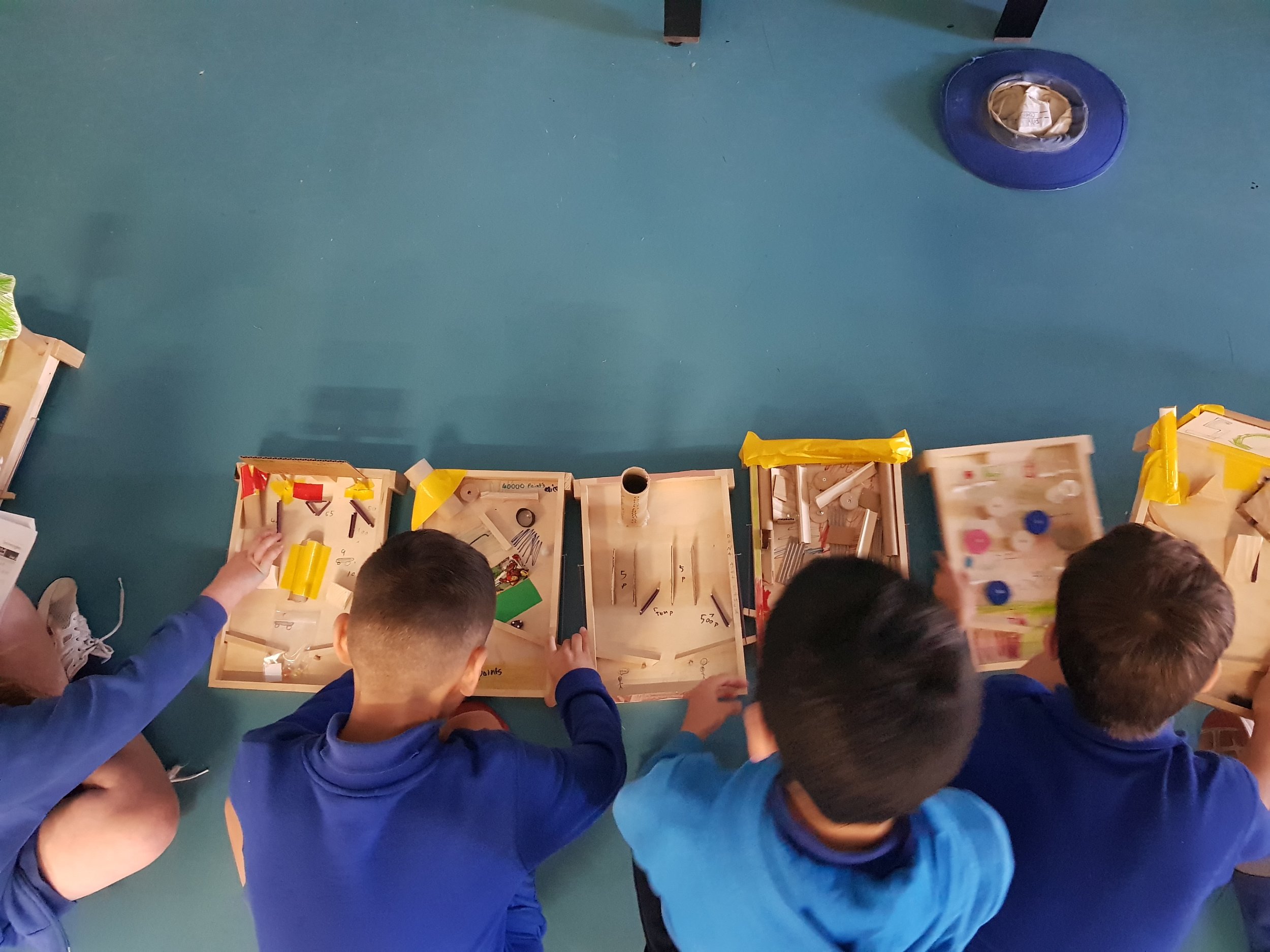
Inquiry Based Learning Model
Students explore the topic.
This can include researching on the internet, in books, or via play and experimentation or via an excursion.
Form questions.
Ask who, what, where, when and why?
Encourage conversations with peers, affected groups and professionals.
Hold class conversations and debates pertaining to the inquiry question.
Students might consider the inquiry from different perspectives.
What if they were an engineer? and artist? an environmentalist, a designer?
Students can work as teams or as a class throughout the initial exploration and discovery phases.
Consider how the inquiry is already being viewed and acted on, and by who?
What is being implemented and does it work well? If not, why not? What could be done better?
The Design Thinking Process
Step 3: Incorporate the Design Thinking Process as students generate ideas, plan their design solutions and get hands-on to build, prototype and test their designs!
At Make+Meld, we practice the Design Thinking Process and feel that it aligns perfectly with Inquiry Based Learning.
EMPATHISE
INVOLVES IMMERSING ONESELF IN THE USERS’ EXPERIENCE TO VARYING DEGREES, LEARNING ABOUT USERS AND CONSEQUENTLY TO EMPATHISE WITH THEIR GOALS, EMOTIONS, NEEDS AND MOTIVATIONS.
DEFINE
CLEARLY ARTICULATE THE PROBLEM YOU WANT TO SOLVE. CONSIDER THE WHO, WHAT, WHEN, HOW, WHERE AND WHY.
IDEATE
GENERATE A VARIETY OF IDEAS TO SOLVE THE PROBLEM USING THE RESEARCH AND CONVERSATIONS THAT THE CLASS HAS DONE. CHOOSE A FINAL DESIGN AND PLAN IT!
PROTOTYPE
STEP 4: MAKE+MELD INCURSION! MAKE+MELD BRING THEIR MOBILE MAKERSPACE TO YOUR SCHOOL AND PROVIDE ALL THE TOOLS, MATERIALS AND EXPERTISE REQUIRED TO ENABLE STUDENTS TO BUILD A SCALE MODEL OR PROTOTYPE OF THEIR DESIGN!
TEST
FOLLOWING THE INCURSION STUDENTS REFLECT ON THE DESIGN PROCESS AND THEIR PROTOTYPE. DOES IT SOLVE THE PROBLEM? COULD IT HAVE BEEN DONE DIFFERENTLY? HOW COULD THEY IMPROVE ON THEIR DESIGN.
Delivering HANDS-ON Learning
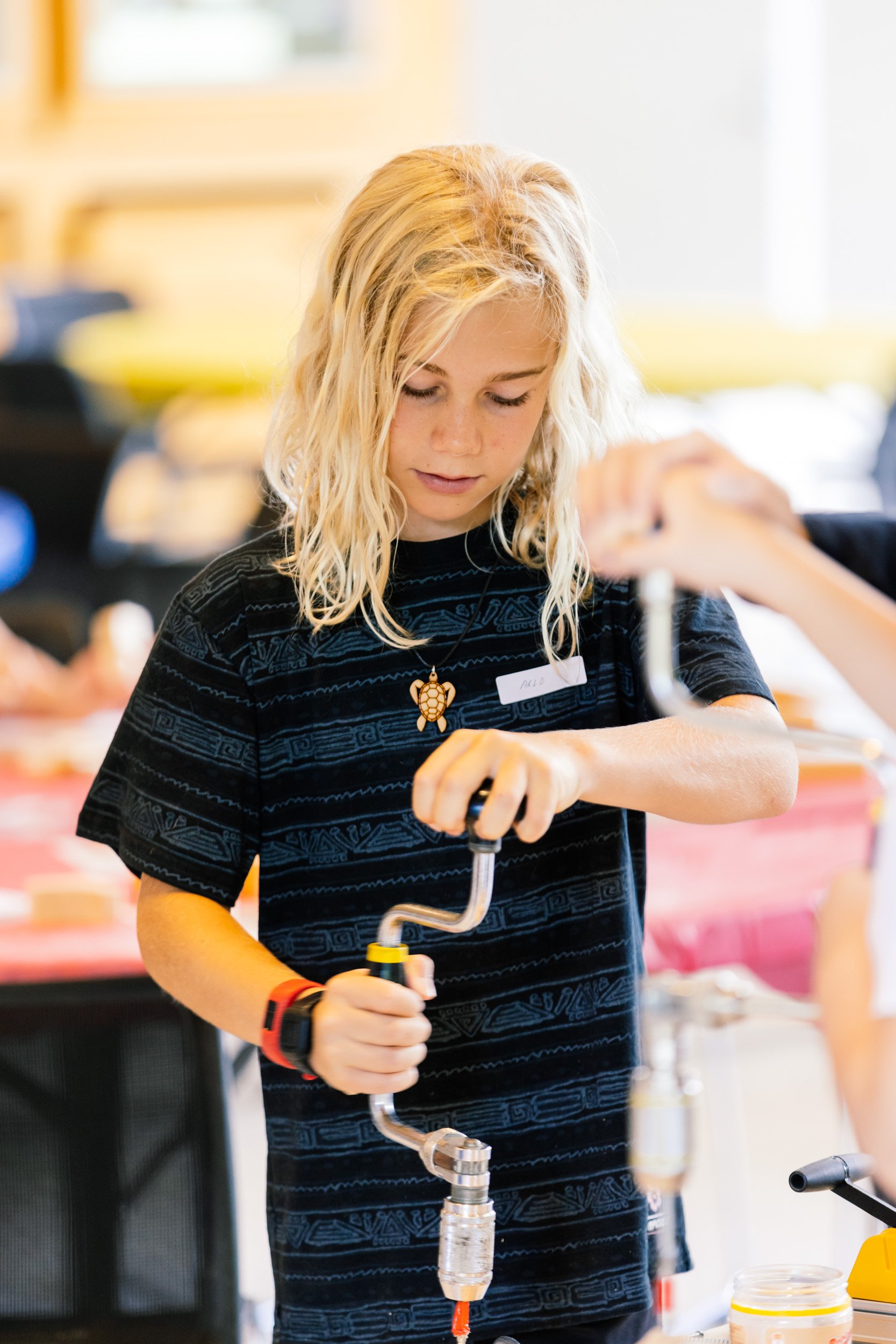
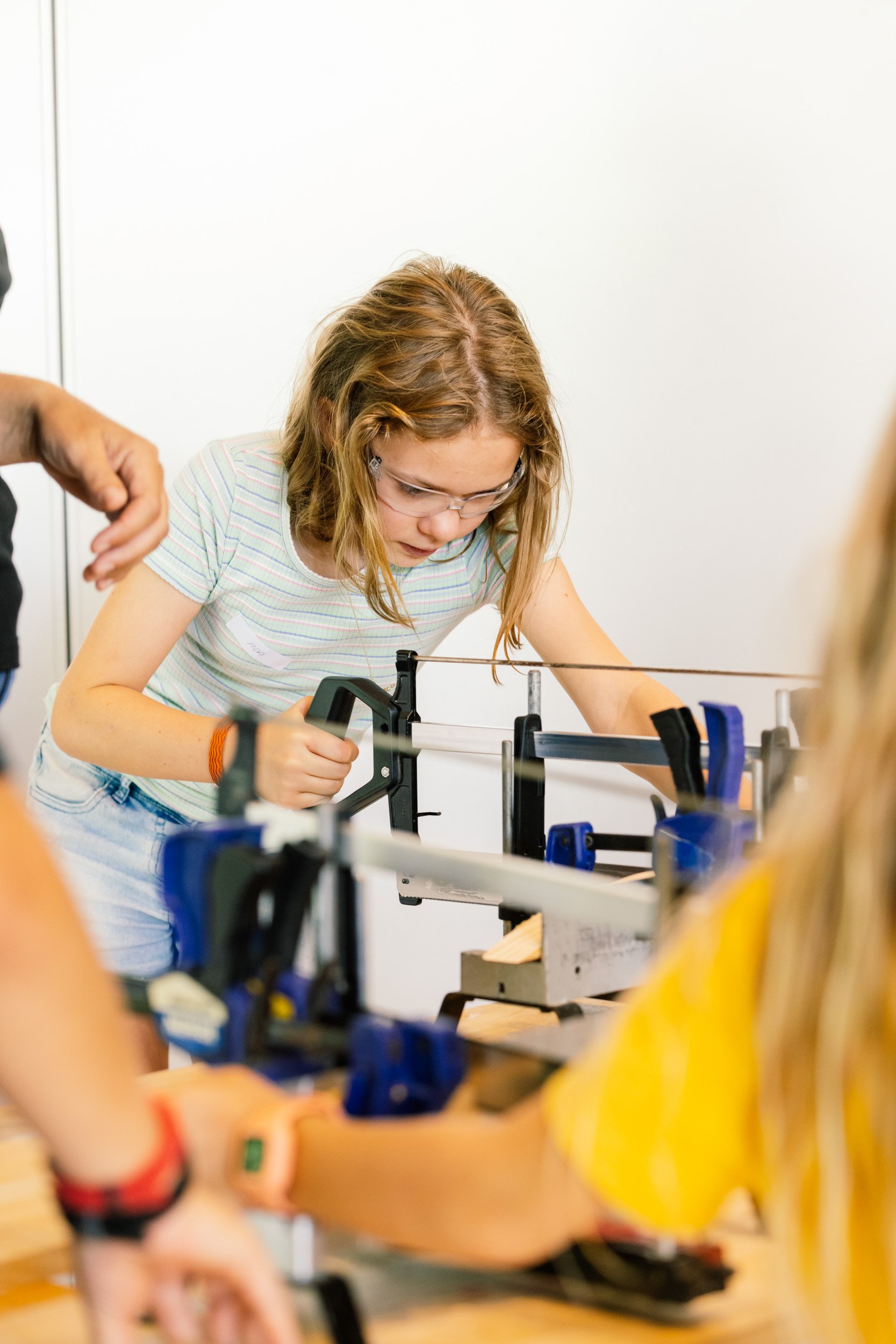
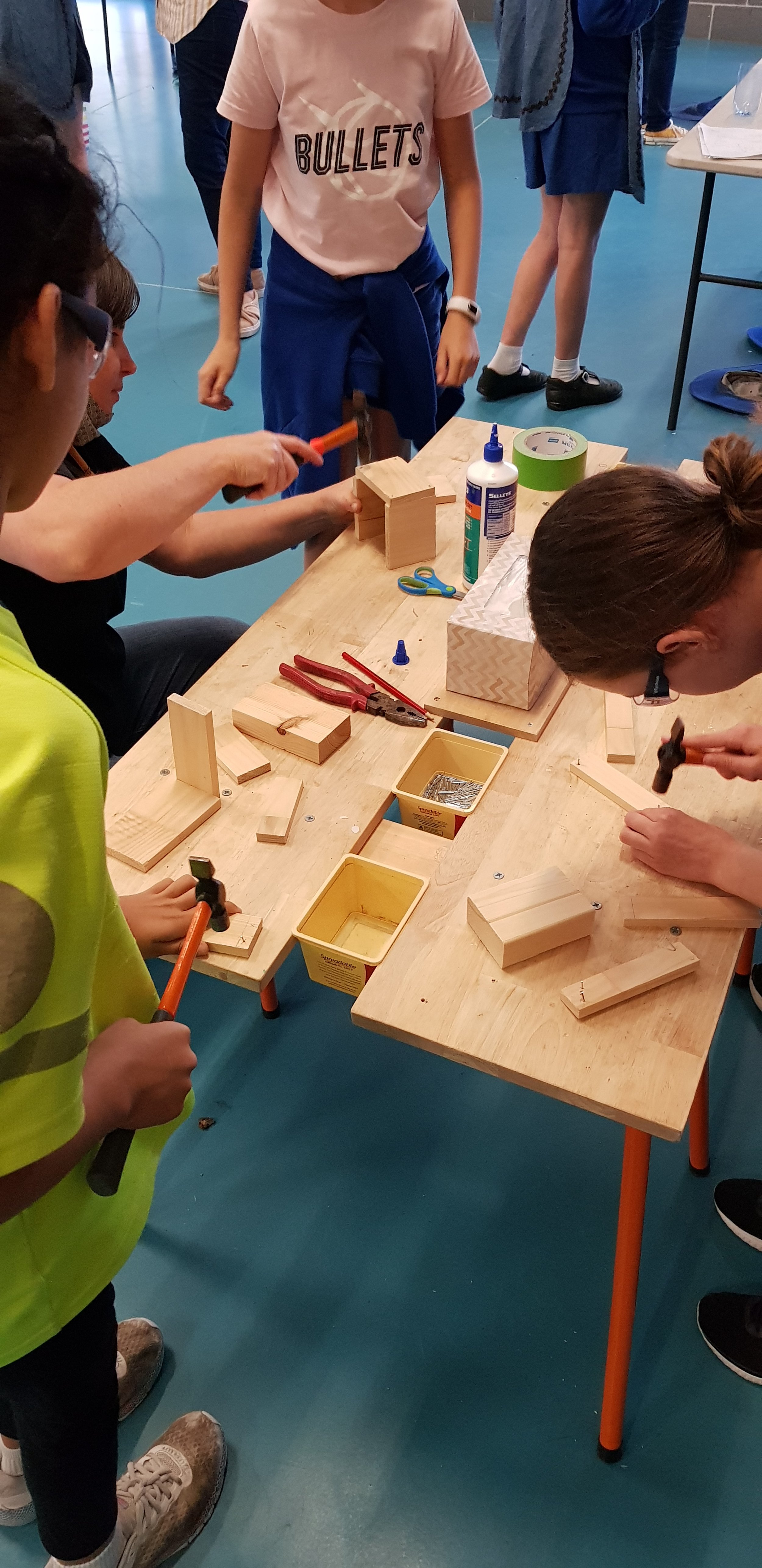
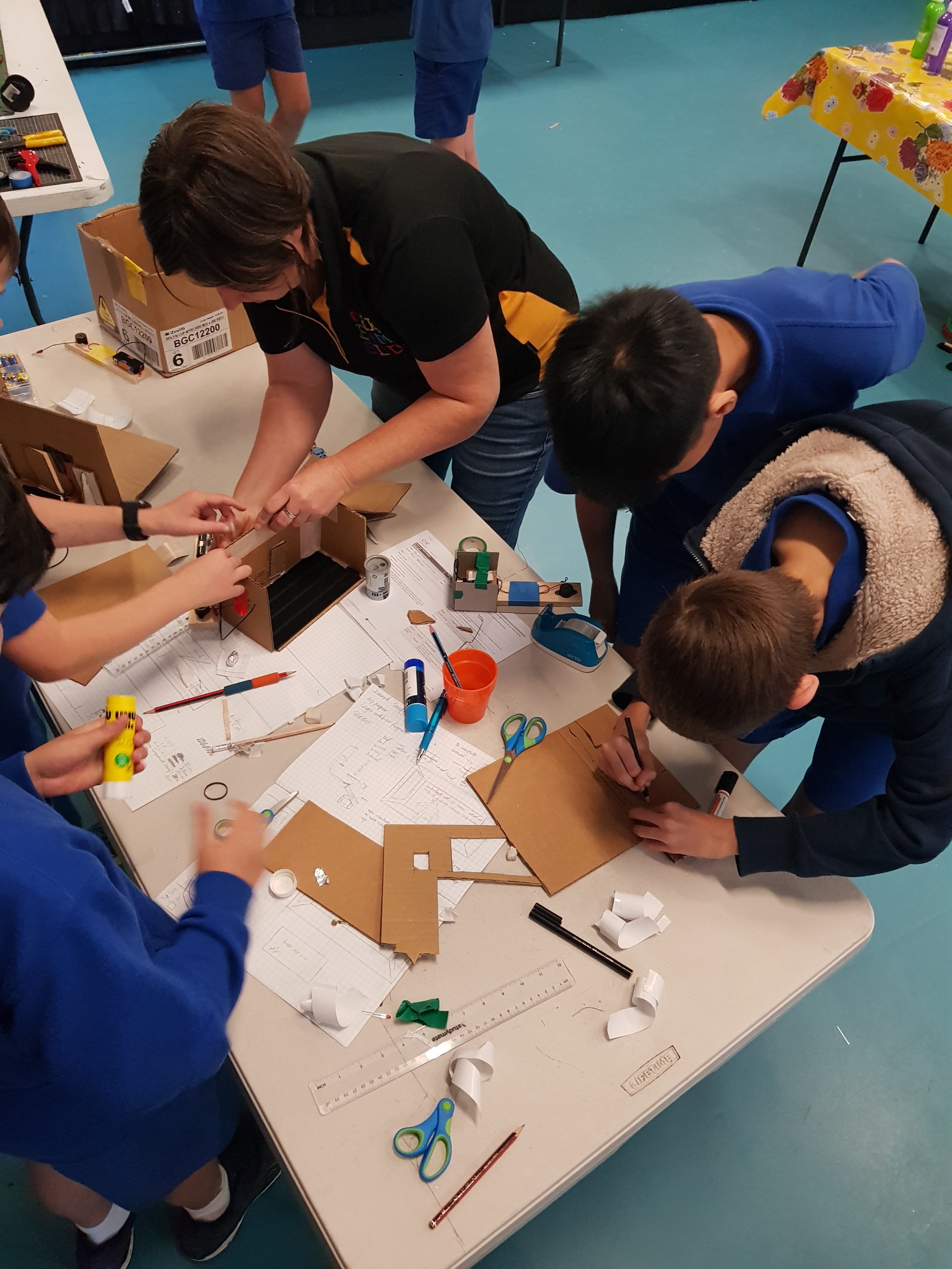
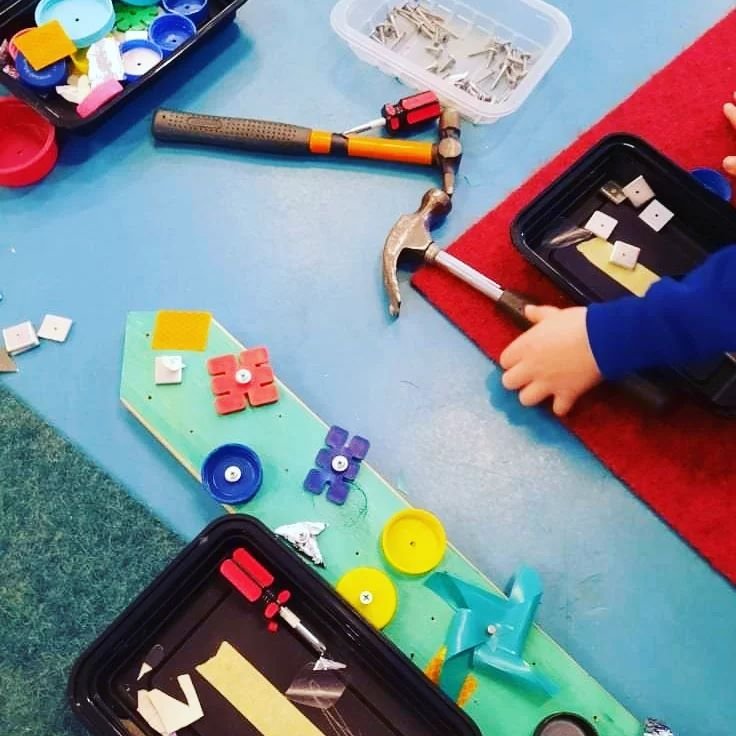
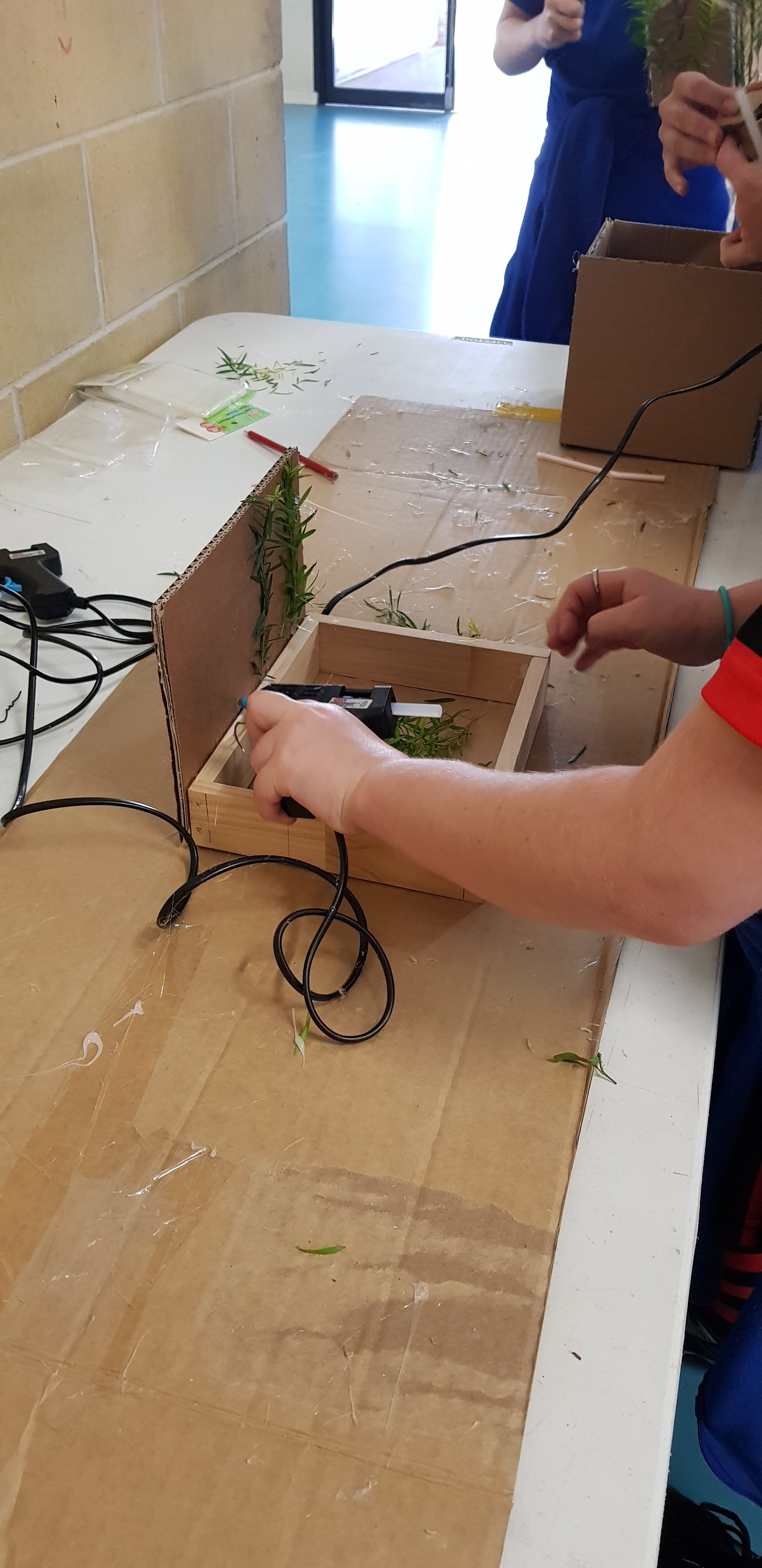
a little word from us..
We think our classes are great. They provide an experience that is really valuable and unique. They are fun for everyone, and the kids really look forward to them and get really involved both before and after the incursion.
We love watching the supposedly more disruptive kids, immerse themselves in their work, completely engaged like their fellow students. The overly confident kids are interesting to watch as they discover that maybe they didn’t know how to do everything after-all. The scared kids who suddenly discover that they can achieve things they never realised they could. The makers who are suddenly in their element and finally have their turn to shine! We have also watched some perfectionists struggle with the notion that their projects don’t go exactly to plan, but we believe that a little grit and resilience goes a long way and there is nothing wrong with having to deal with a little disappointment.
The parents love it too, especially when they get to come in and be parent helpers! we like to think that we are indirectly empowering mum’s as we get them helping with saws and hammers and they discover that it’s actually quite easy to do and that they are quite capable! Plus they get a nice little insight into what their kids get up to during the day.
Teachers also love it, though there have been times when they admit before a class that they are a little nervous about what to expect and may have had a hard time falling asleep the night before - only to discover that they had nothing to worry about! Often they are just concerned that their students might struggle, or that they may not have prepared them enough, but please note that this has never happened or been a problem!
We believe what we have created is a beautiful thing that enables kids to have fun and play whilst learning. Plus it offers many of the skills that are anticipated to be highly regarded in the future, namely creativity, problem solving and critical thinking - not to mention having a good grasp of useful everyday skills and mastering some fine and gross motor skills.
We really love what we do (we often find ourselves looking around during an incursion at all of the engaged and happy faces) and we really hope that you feel the same way.
Cheers, Make+Meld (Emily and Helen)
Our Program.









